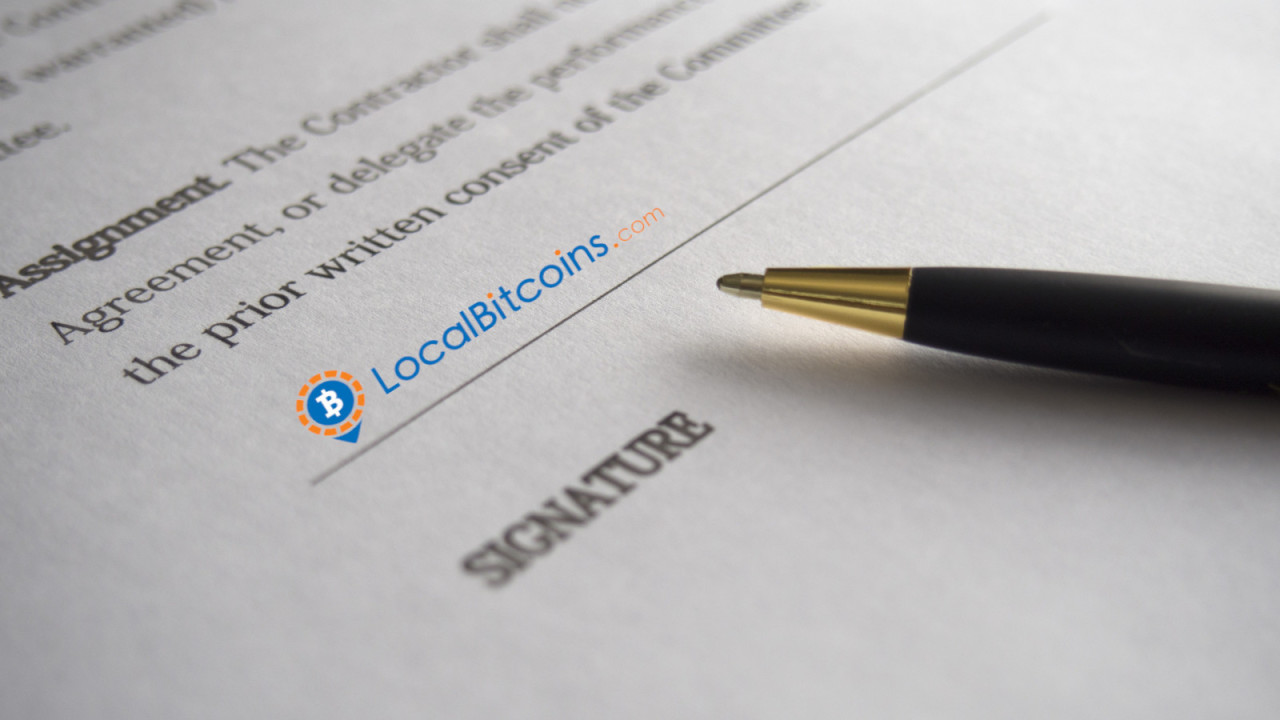
One of the last places you could buy Bitcoin (somewhat) anonymously online has implemented new compliance regulations that make it impossible for users to obscure their identity.
LocalBitcoins.com announced yesterday that it implemented new measures to satisfy the European Union’s (EU) 5th Anti-Money Laundering Directive (5AMLD). The changes came into force on March 18, and LocalBitcoins is the first exchange in Europe to align its business to 5AMLD guidelines.
To comply with the regulations the online Bitcoin marketplace is making new users sign up through a new account registration process. It will require users to verify basic information about themselves, and sacrifice some anonymity.
LocalBitcoins.com has not stated if current users will be required to complete the verification process. It’s likely this will be the case though.
What’s more, LocalBitcoins is also developing a new identity verification process, with a yet-to-be-disclosed release date. It will introduce four account levels for individual traders; they will be ranked on trade and BTC transaction volume. The exchange hopes this will highlight trustworthy traders over less trustworthy ones.
Corporate traders will be subject to a separate process, LocalBitcoins has not disclosed the details, though.
EU member states have been afforded until January 2020 to implement the directives. But Finland, where LocalBitcoins is based, has jumped the gun and already compiled new legislation.
This will bring its current Anti-Money Laundering Act in line with the new EU directive. Finland’s new regulations go into full effect in November 2019, but LocalBitcoins has gone ahead anyway and updated its compliance procedures.
How does 5AMLD affect cryptocurrency?
There are three main regulations in the EU’s 5AMLD that will affect cryptocurrency businesses.
The first, is that it requires cryptocurrencies to submit suspicious activity reports and perform customer due diligence, also known as know-your-customer (KYC).
The second, is that financial investigators can be mandated to obtain addresses and identities of cryptocurrency owners, removing anonymity of exchange users.
And finally, cryptocurrency exchanges and wallet providers will need to be registered with relevant financial regulators in their home country. Such as the Financial Conduct Authority in the UK, or the Securities and Exchange Commission in the US.
Indeed, thanks to its home-nation’s government, LocalBitcoins is somewhat ahead of the game when it comes to regulations.
This is certainly a sign of the times to come for exchanges and wallet services based in Europe.
Did you know? Hard Fork has its own stage at TNW2019, our tech conference in Amsterdam. Check it out.
Get the TNW newsletter
Get the most important tech news in your inbox each week.





